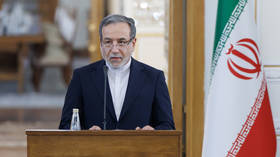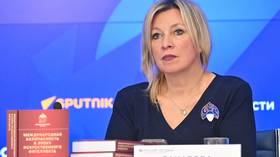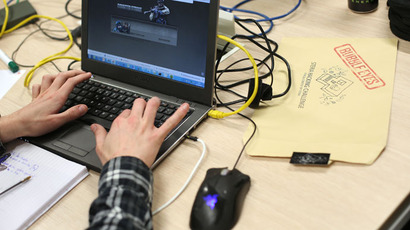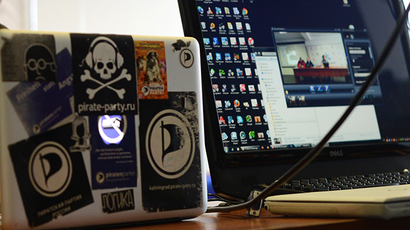Stop 'Russian SOPA': Over 100k sign petition to cancel anti-piracy law
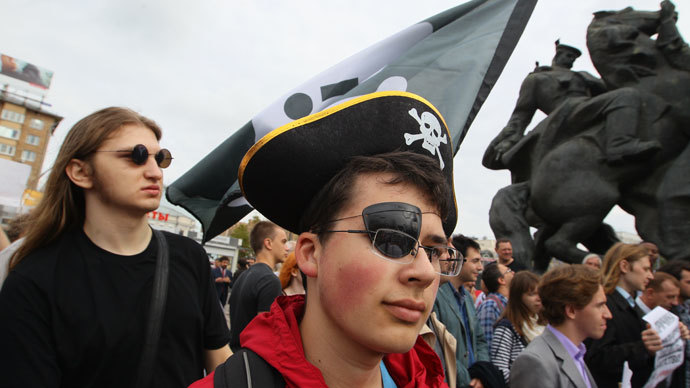
An online petition against a recently adopted Russian anti-piracy law has received the 100,000 signatures necessary to send the document for government discussion. The legislation has been bitterly criticized by activists and internet companies.
The petition was published on the Russian Public Initiatives
(ROI) website on July 2, shortly after President Vladimir Putin
signed the bill - which protects against film piracy – into law.
Nicknamed ‘Russian SOPA’ (in reference to Washington’s notorious
"Stop Online Piracy Act"), the law now allows the pre-trial
blocking of websites which distribute pirated content.
“We believe that this law is aimed not so much against the
distribution of illegal content, but against the development of
the Russian internet. It is aimed at ruining it and also
infringes interests of national internet industry as well as
violates the rights of internet community,” the petition against the law reads.
The authors of the document have urged the government to suspend
the law which they believe lacks clarity, does not observe the
presumption of innocence, and allows violations on the part of
copyright holders.
The anti-piracy law earlier sparked a wave of criticism from the media, public activists, the Russian Pirate Party, and internet giants such as Google, Mail.ru, and Yandex. IT-companies blamed the legislation’s authors for a lack of knowledge surrounding the technological processes of the World Wide Web.
Over 1,700 Russian websites joined an online strike against the anti-piracy law when it
came into effect on August 1. They erased all information from
their homepages, replacing it with messages denouncing the law
and links to the petition. The online document managed to collect
an average of 1,150 signatures per hour, which was several times
more than any other initiatives posted on the ROI web portal,
ITAR-TASS news agency reported.
Under a Russian presidential decree, public initiatives that
receive the support of at least 100,000 citizens can be sent to
the government, which then has two months to decide whether it
should be submitted to parliament.
The petition against the anti-piracy law is the second initiative
to win public support. The first was a proposal to ban officials
from buying cars worth more than 1.5 million rubles ($45,500),
submitted by famous anti-corruption blogger Aleksey Navalny.
The Russian law has been compared to Washington’s Stop Online
Piracy Act (SOPA) - a draconian bill designed to fight online
copyright infringement which has been stuck in Congress since
2012.




